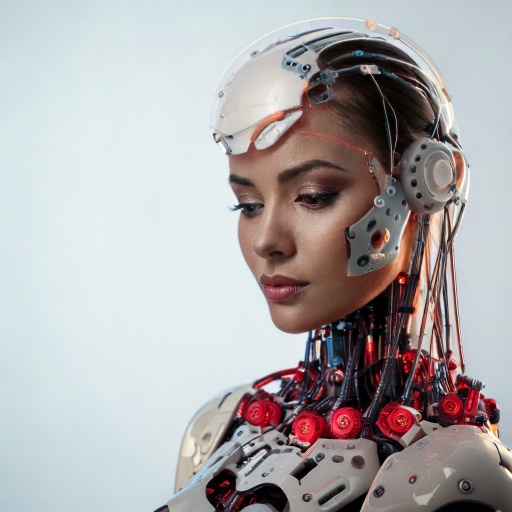The Rise of Robotic Rehabilitation: A Breakthrough in Therapy with the Robotic Hippotherapy Simulator

In recent years, rehabilitation technologies have taken a giant leap forward, bringing new hope and solutions for patients undergoing physical therapy. One particularly exciting advancement comes from KUKA, a company that has developed a robotic hippotherapy simulator. This innovation combines the emotional benefits of horseback riding with cutting-edge robotics, providing a new way for patients to experience therapy without the need for live horses. In this article, we’ll explore how this groundbreaking technology is changing the face of rehabilitation.

What is Robotic Hippotherapy?
Hippotherapy, or therapy using horseback riding, has long been recognized for its emotional and physical benefits, particularly for patients with disabilities or those recovering from injuries. The movement of the horse provides a unique type of physical therapy, mimicking natural human motions that stimulate the core muscles, improve posture, and promote balance. KUKA’s robotic version of this therapy simulates the same therapeutic motions, allowing patients to reap the benefits of horseback riding without relying on live animals.
Precision and Control with Robotics
One of the most significant advantages of this new robotic hippotherapy system is its precision. KUKA robots are known for their precise control and ability to replicate complex motions. This technology can be customized to suit individual patient needs, enabling therapists to monitor progress and adjust therapy sessions with remarkable accuracy. Unlike traditional horseback riding, the robotic horse simulator can provide a more controlled and consistent environment, which is especially beneficial for patients with specific physical needs or limitations.

Emotional and Physical Benefits
While the primary focus of the robotic simulator is physical therapy, it also taps into the emotional therapeutic effects of hippotherapy. Horses have been shown to have a calming effect on individuals, helping to reduce anxiety and stress, while also promoting emotional healing. By simulating the motion of horseback riding, the robotic simulator enables patients to experience similar emotional benefits, further enhancing the overall therapeutic experience. This integration of emotional and physical therapy is a game-changer for many patients who have struggled to find effective treatments.
The Future of Rehabilitation
As the healthcare industry continues to embrace robotic technologies, the use of non-human workers like robotic systems in rehabilitation is becoming more prevalent. KUKA’s robotic hippotherapy simulator is just one example of how AI-driven technology is improving patient outcomes. By combining advanced robotics with the therapeutic power of hippotherapy, this innovation offers a promising alternative to conventional physical therapies, potentially reducing therapist workload and providing more personalized treatment options.

The robotic hippotherapy simulator is a significant step forward in rehabilitation technology. It offers the emotional and physical benefits of horseback riding therapy while utilizing the precision and control of robotics. With the potential to transform rehabilitation practices, this innovation promises to improve patient outcomes and revolutionize the way physical therapy is approached. As technology continues to evolve, we can expect to see even more advancements in the field of rehabilitation, with non-human workers like robots playing an increasingly important role in patient care.
Key Highlights:
- Robotic Hippotherapy: KUKA has developed a robotic hippotherapy simulator that replicates the emotional and physical benefits of traditional horseback riding therapy, without needing live horses.
- Precision in Therapy: The robotic system offers precise motion control, enabling therapists to customize treatments and track patient progress with remarkable accuracy.
- Emotional Benefits: The simulator not only provides physical therapy but also delivers the calming and emotional benefits associated with horseback riding, reducing anxiety and promoting emotional healing.
- Customized Treatments: The technology allows for personalized therapy sessions, tailored to each patient’s specific physical needs, enhancing rehabilitation outcomes.
- Advancement in Rehabilitation: This innovation represents a significant shift in rehabilitation practices, integrating AI-driven robotics to improve patient care, reduce therapist workload, and offer more consistent results.
- Future of Therapy: As robotic technologies evolve, non-human workers like AI-powered systems are expected to play an increasingly important role in healthcare and physical therapy, transforming traditional rehabilitation methods.
Reference:


